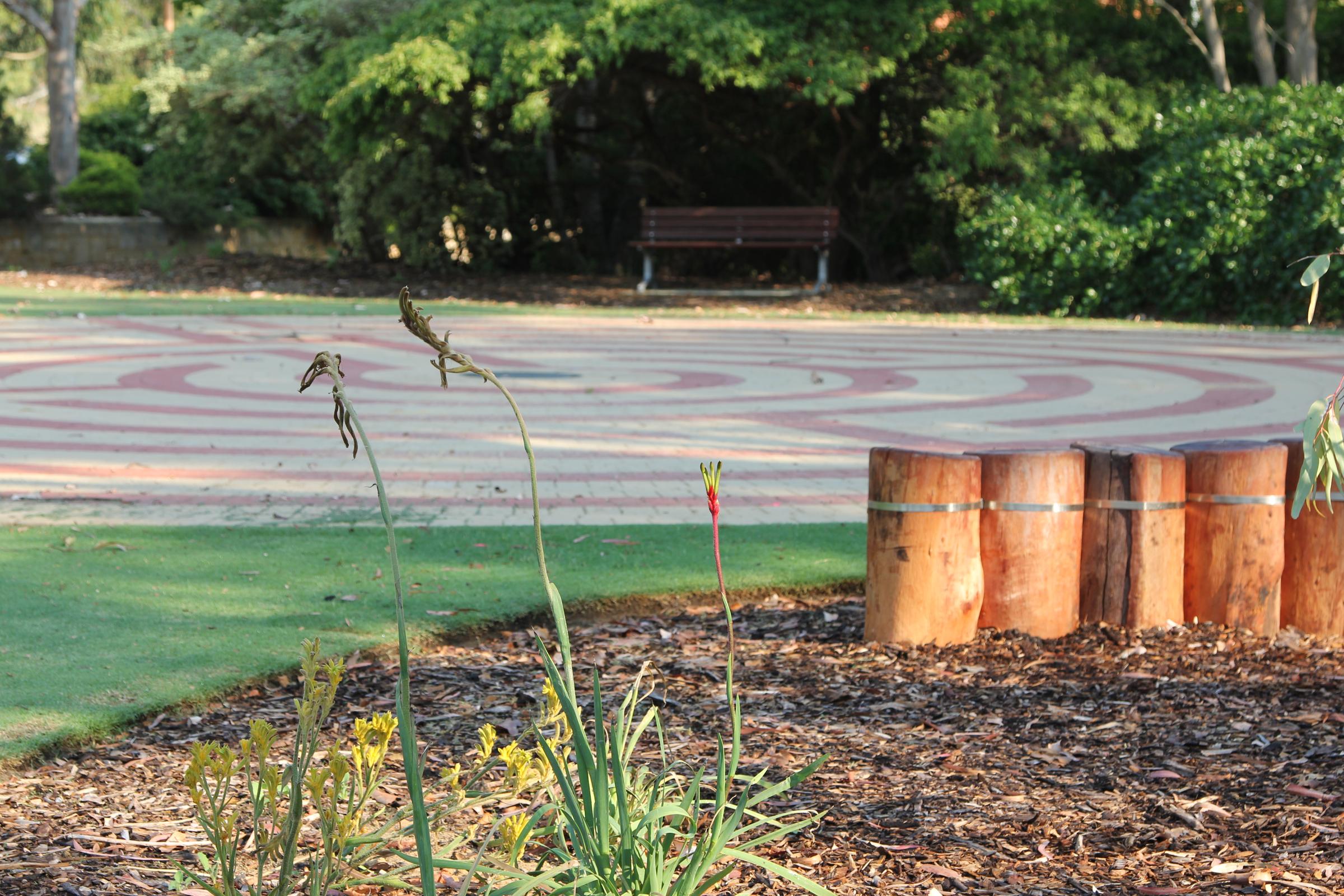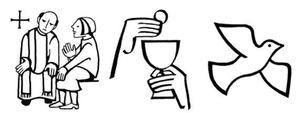Liturgy

Sacrament Program
Do you have a child in Year 3, 4 or 6?
Already this year, several students in Primary have made their first Reconciliation and first Holy Communion, or have been confirmed. There have even been a couple of Baptisms! Look out for the list of students in next week’s newsletter.
If you have not already enrolled your child in a parish program, it may still be possible to enroll in some parishes. It is important to do so immediately.
If you need support in this, there are several people available to assist:
- Contact your Parish Priest or Sacrament Coordinator.
- Contact Mary-Anne Lumley, Parish Liaison lumley.mary-anne@johnxxiii.edu.au or 9383 0513.
- Information for all parishes may be found on the archdiocesan website: here
http://www.perthcatholic.org.au/Parishes_and_Mass_Times.htm?cms%2Erm=List
- Information from parishes on the College website.
Congratulations to the following Year 4 students who have made their First Communion so far this year.
St Cecilia’s, Floreat
Jackson Bosnich
Harrison Cabassi
Sylvia Czajko
Henry Gooch
Cooper Matera
Ella Matthews
St Mary’s Star of the Sea, Cottesloe
Amelia Hennessy
Ruby Verleg
Holy Spirit, City Beach
Greg Briede
Matthew Gillman
St Thomas the Apostle, Claremont
Sancia Annan
Caitlin Bradock
Tahlia Burgess
Oliver Defrancesco
Luke Edwards
Daisy Fethers
Olivia Gardner
Lucas Hillbeck
Coco Kenny
Lola Kenny
Lana O’Gorman
Olivia Polini
Genevieve Price
Tom Townsend
Violet Worner
St Joachim’s, Victoria Park
Callum de Andrade
… And congratulations to Year 3 students, Ayva Baker and Oscar Croudace, who were baptised last term.
‘GOOD NEWS’ for 20th Sunday in Ordinary Time
“Woman, you have great faith.” (Matthew 15:21-28)
The reflection for this Sunday’s Gospel is a homily by Rev. Prof. Michael Tate. Fr Michael Tate is currently a Parish Priest in the Archdiocese of Hobart and is Catholic Chaplain to the University of Tasmania where he is an Honorary Professor of Law, lecturing in International Humanitarian Law.
In our Lord’s time, the division between Jews and Pagans was very profound. Pagans (most often called gentiles), were outside the chosen people, the children of God, and there was a long history of antagonism.
This is the setting for this remarkable gospel story.
A pagan woman approaches a Jewish man: Jesus. The disciples react to a woman causing a commotion.
She is causing a commotion, but for a good reason. She begs Jesus to heal her daughter with whom she maternally completely identifies: ‘Have mercy on me.’
He comments: ‘I was sent only to the lost sheep of the House of Israel.’ He is confirming his healing mission to the Jews. She and her daughter don’t qualify!
What is going on?
We know that the Prophet Isaiah was a great favourite and exemplar for Jesus. Jesus could open a scroll and quote passages which guided his own understanding of his mission. Jesus had evidently taken Isaiah’s picture of a transformed Jewish people being a light to the pagan nations who would then be attracted to worship God in the right way.
That is the two-stage sequence which Jesus has embarked on.
Jesus therefore gives a very dismissive answer to the woman: ‘It is not fair to take the children’s bread and throw it to the house dogs.’ The children are obviously the Jewish people, and so Jesus’ response is very confronting.
This remarkable woman, this remarkable pagan woman, stands her ground and engages in a verbal joust with Jesus! She decides to give him as good as she got! She argues: ‘Yes, Lord, but even the house dogs get the crumbs that fall from their master’s table.’
What a fantastic response!
Jesus recognises her faith and the daughter was healed.
What a fantastic woman!
She, a pagan woman, helped Jesus see that his liberating mission, his healing, saving mission, was not a careful two-stage affair, Jews first, pagans later. His saving mission was for all those who had faith in him – wherever and whenever.
This story was treasured and remembered in the early church and then put into writing in the Gospels. Why?
Because the biggest crisis facing the early church was relations between Jewish Christians and possible pagan converts who wanted to be followers of Jesus. This story would have been told to show how Jesus extended his saving mission to non-Jews in Pagan territory.
That is good news for us, Gospel for us, Gospel for billions of non-Jewish people over the course of history since then and into the future. That is why we are truly ‘Catholic’, which, as you know, is the Greek for ‘universal’, ‘world-wide’.
This woman is the one whose story was treasured as opening up the Church to being truly universal – a home for all people – a place where the ‘whole’ of humanity can be made ‘whole’ in every way. That is what it means to be ‘Catholic’.
Could this Canaanite woman be celebrated as the first ‘Catholic’?
© Michael Tate
Community Liturgy
Next week’s Community Mass will be prepared by students in Year 10. Families are especially invited – and, as always, everyone is welcome!
For any enquiries concerning the Community Mass, please contact Mary-Anne Lumley: lumley.mary-anne@johnxxiii.edu.au or 9383 0513.
When: Fridays in Term Time
Time: 8:00-8:30am
Where: College Chapel
Note a special change this term: Friday 1 September - Fathers’ Day Mass, 7:30am start time.

